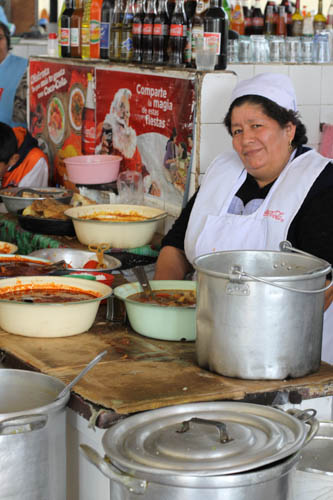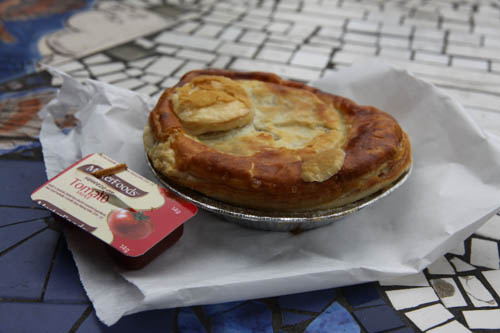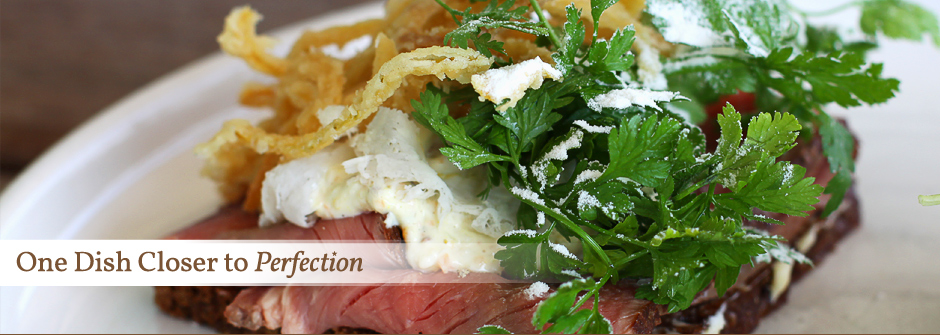Constructing Cuisine
 Wednesday, July 2, 2014 at 8:56AM
Wednesday, July 2, 2014 at 8:56AM  Sorry I have been so quiet on this page. On the food front, I have only been thinking about one thing recently: my dissertation. I wrote a short article recently outlining my study, which I share here. Forget picnics, beaches and BBQs, this is what I'll be doing this summer...
Sorry I have been so quiet on this page. On the food front, I have only been thinking about one thing recently: my dissertation. I wrote a short article recently outlining my study, which I share here. Forget picnics, beaches and BBQs, this is what I'll be doing this summer...
The aim of my study is to investigate the context(s) in which having a national cuisine becomes significant. I will be looking at when, why and for whom it becomes important to talk about a national cuisine in Britain and Australia.
Like most aspects of culture that are the focus of anthropological studies, cuisines are never static, but constantly being made and remade. Nevertheless, it seems that at a particular moment, or moments, having a national cuisine becomes an important part of the ‘cultural capital’ of a nation. My research so far suggests that in Australia and Britain this becomes especially important in the 1980s and gains momentum in the 1990s. This is not to suggest that either country is lacking a rich culinary history, but rather that “the globally held view that every nation must have its own cuisine” (Cusack, 2000: 208) is actually quite a recent phenomenon.

Of course it is questionable whether this is indeed a globally held view, but there are a number of studies which suggest that national cuisines have become a useful tool in nation-building projects in the latter half of the 20th century, particularly in post-colonial contexts. This may be politically motivated, but it is just as likely to be about commercial interests, both public and private.
Government, private institutions, chefs, producers and consumers all play a role in defining cuisine, as do various media, such as TV, newspapers, commercial publications, cookbooks and guidebooks. I am interested in exploring what motivates these various stakeholders and how they use these various media to construct and reproduce ideas about a national cuisine in Australia and Britain. Some themes that have come out of the literature I have read so far are that migration, tourism and the global marketplace are all major drivers of this process.
Migration: The most obvious way that migration influences this process is that migrants tend to make foods which remind them of home when they move overseas. These foods are often adapted in the new context to make use of available ingredients and a few emblematic dishes may come to represent the foods of the home country. Less obvious is the idea that these foods may come to be seen as representative of a national cuisine not only in the host country, but in the home country too, via returning migrants and tourists.
Tourism: Tourist expectations are often based on their experiences of ethnic foods in their home countries. They further drive this process in seeking ‘authentic’, ‘local’ experiences, but also in writing about their experiences in newspapers, travel guides and on travel websites.
Global marketplace: Tourism is clearly an important part of the global marketplace, but I am speaking more generally here about world food trade. The global marketplace presents an interesting paradox. In the face of global competition, producers seek to highlight their distinctiveness by emphasising local, regional or national attributes that are highly valued. A good example of this is the Protected Denomination of Origin system in the European Union.

So why is any of this important? It is of interest to me because I am passionate about all things food, but what anthropological insight does it offer? The clue is in the other themes I have mentioned. Looking at how cuisines are constructed provides a means to explore mechanisms of cultural change, such as class, commercialisation, globalisation, migration, multiculturalism and cosmopolitanism. It gives us an insight, not only into how people construct their own identities but, perhaps more importantly, into the extent to which this reflects wider social and cultural processes.
I have chosen Australia and Britain as my focus because I have a personal connection to them. Nonetheless, I think they will make an interesting source of comparison academically. They are tied historically by their colonial relationship. It will be interesting to explore their similarities and differences given this shared history.
References
Cusack, I. 2000. African Cuisines: Recipes for Nation-Building? Journal of African Cultural Studies, 13(2), 207-225.
Except for the Cusack quote, I didn't include references in the original article, as it did not suit the format. Here is a full list of references if you are interested.
 Australia,
Australia,  Britain,
Britain,  commercialisation,
commercialisation,  globalisation,
globalisation,  media,
media,  national identity,
national identity,  tourism in
tourism in  Cuisine
Cuisine 
Reader Comments (1)
This is such a thoughtful and insightful piece! I really enjoyed the way you explored how cuisine is more than just food—it's a reflection of identity, culture, and history. The connection between food and personal or national identity was especially eye-opening. Thank you for sharing such a rich perspective—definitely gave me something to think about next time I sit down for a meal!